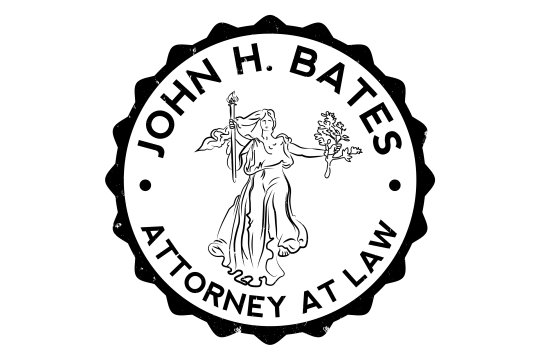#SquidGame
www.facebook.com/56280836394/posts/10156647030286395
#WeedBreathalyzer #DUI #OhioLegalDefense
twitter.com/coajustice/status/1167114359979610112
#OpioidLawsuits
www.facebook.com/165111850875/posts/10156206087675876
#Storytelling
Manhattan DA Got Innocent People’s Google Phone Data Through A ‘Reverse Location’ Search Warrant – Gothamist
Civil liberties advocates and criminal defense attorneys said the Manhattan case was the first time they had ever seen the use of this surveillance technique in New York City.
— Read on gothamist.com/2019/08/12/google_proud_boys_antifa_nypd.php
#ConstitutionalLaw #FourthAmendment #SearchAndSeizure #RightToPrivacy http://www.Batesjustice4all.com
SCOTUS Holds That The Eighth Amendment’s Excessive Fines Clause Applies to the States
On February 20, 2019, the Supreme Court of the United States in the case of Tyson Timbs v. Indiana, 586 U.S. ___ (2019), held that the Eighth Amendment’s excessive fines clause as contained in the United States Constitution is an incorporated protection applicable to the States under the Fourteenth Amendment’s due process clause. The Court stated that the excessive fines clause (federal) protections is applicable to the States due to it being, “fundamental to our scheme of ordered liberty,” or “deeply rooted in this Nation’s history and tradition.” McDonald v. Chicago, 561 U.S. 742, 767 (2010). The Court went on to explain that if a Bill of Rights protection is incorporated, there is no daylight between the federal and state conduct it prohibits or requires. Hence, they are the same.
This area of law is a common legal issue in criminal or civil forfeiture proceedings that typically follow criminal prosecution for drug trafficking, cultivation, and possession of drugs. In this case, Tyson Timbs plead guilty in Indiana state court to dealing drugs and was sentenced to one year of home detention and five years of probation. Timbs was also required to pay fees and costs totaling $1,203. At the time of his arrest, the police seized Timbs’ vehicle, a Land Rover SUV purchased for $42,000 with the money he received from his father’s life insurance policy. The Supreme Court ultimately found that the protection against excessive fines guards against abuses of government’s punitive or criminal-law-enforcement authority.
In arriving at their decision, the Court looked, in part, at the historical development (1600-1800) of “fines” and English law. The Court found that the prohibition embodied in the excessive fines clause carries forward protections found in sources from the Magna Carta (1215) to the English Bill of Rights (1689) to state constitutions from the colonial era to the present day. The Supreme Court noted that the protection against excessive fines has been a constant shield throughout Anglo-American history because such fines undermine other liberties. They can be used to retaliate against or chill the speech of political enemies. Browning-Ferris Industries of Vt., Inc. v. Kelco Disposal, Inc., 492 U.S. 257, 263, 267 (1989). They can also be used as a source of revenue, rather than for legitimate penal purposes. See also, Austin v. United States, 509 U.S. 602 (1993); Packingham v. North Carolina, 582 U.S. ___ (2017).
Big Pharma Just Bought Access to Your DNA From Genealogy Company 23andMe
Big Pharma Just Bought Access to Your DNA From Genealogy Company 23andMe
— Read on returntonow.net/2019/01/09/big-pharma-just-bought-access-to-your-dna-from-genealogy-company-23andme/
#DNA
The criminal justice system also has an ‘alternative facts’ problem
The criminal justice system also has an ‘alternative facts’ problem
— Read on www.washingtonpost.com/amphtml/opinions/2019/01/31/criminal-justice-system-also-has-an-alternative-facts-problem/
#ColumbusCriminalJusticeLawyer #OhioLegalDefense
twitter.com/batesjustice4al/status/1092605633910751232
#OpioidEpidemic
